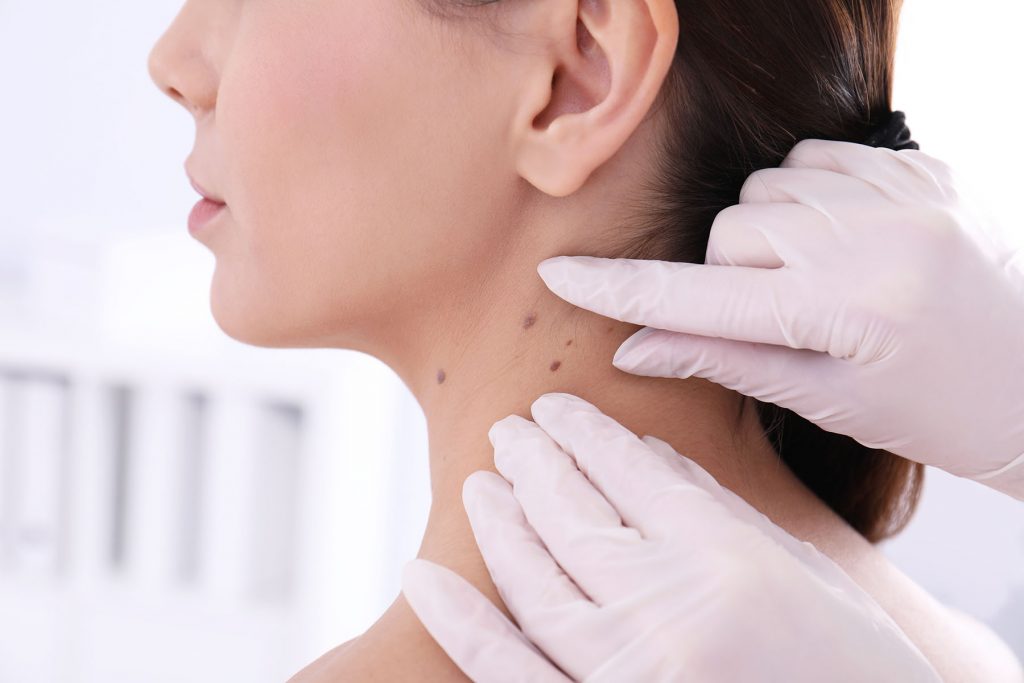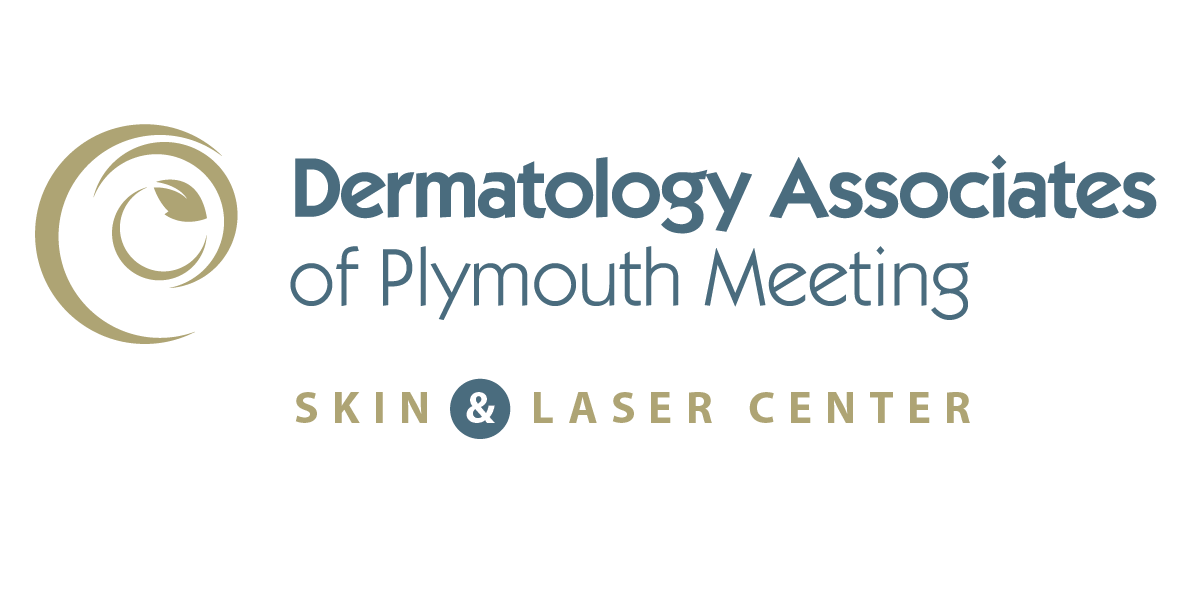Skin Cancer Treatments at Dermatology Associates of Plymouth Meeting

Even though skin cancer is the most common type of cancer, it is highly treatable and completely curable in most cases with early detection. Scheduling an annual skin cancer exam is an important part of maintaining optimum health, particularly if you are in a high risk group for skin cancer such as fair skin, history of multiple blistering sun burns, have many moles on your skin, or a family history of skin cancer. What if your dermatologist detects a suspicious lesion on your skin during your exam? Rest assured that Dermatology Associates of Plymouth Meeting provides you with access to cutting-edge skin cancer treatments, making our practice one of the best choices for receiving advanced skin cancer removal treatments.
What is Skin Cancer?
Skin cancer starts with the out-of-control growth of cells in the epidermis, which is the outermost layer of skin. This mutated growth is caused by unrepaired DNA damage that triggers mutations, which leads to the rapid multiplication of uncontrolled growth of cells. There are several different types of skin cancer, but the three most common ones are basal cell carcinomas, squamous cell carcinomas and melanoma. While they are all dangerous if left untreated, melanoma is the deadliest of the three. Aside from genetics, the two primary causes of skin cancer are overexposure to the sun’s harmful ultraviolet (UV) rays and the use of indoor UV tanning beds. Genetic predisposition to skin cancer such as melanoma is also an important component, particularly if a first degree relative has had melanoma, such as a parent.
Skin Cancer Diagnosis and Symptoms
Diagnosing skin cancer early is extremely important. Doing a head-to-toe examination of your skin once a month is a good habit to maintain awareness of any changes or growths that may appear. Unlike cancers that affect internal organs, skin cancer symptoms are typically seen rather than felt. Symptoms of skin cancer can include skin growths that change in size, color or shape over time or growths that appear suddenly. A mole with an irregular outline or a mole larger in size than a pencil eraser can also indicate skin cancer. Your board-certified dermatologist may be able to diagnose any suspicious spots at your annual skin check, but skin cancer is most often diagnosed after sending a biopsy to the lab for confirmation.
Schedule a consultation to achieve the healthiest skin of your life
Contact UsStages of Skin Cancer
Skin cancers are classified in stages 0 through IV to determine how advanced they are and how aggressive treatments should be. A stage 0 melanoma means the growth is limited to the outermost layer of skin which can be treated with excisional surgery to remove the tumor and a “safety margin” of surrounding healthy tissue. Melanomas in stage I are more atypical making them more at risk for spreading and require larger excisional procedures. Melanomas in stages III and IV are advanced, meaning they have spread. A lymph node biopsy is typically recommended for melanoma in later stages to ensure the cancer has not spread. In more advanced stages, surgery will be required to remove the tumor and additional treatment (such as immunotherapy or radiation) may be recommended to decrease chances of the melanoma returning. Melanomas in stages III and IV are advanced, meaning they have spread.
Skin Cancer Treatment Options
Your board-certified dermatologist will determine the best skin cancer treatment option depending on the type and stage of your skin cancer. Basal and squamous cell carcinomas can often be treated with local therapy. More aggressive skin cancers may require excisional surgery, which your provider can recommend. From your annual skin check to your final treatment, our board-certified providers at Dermatology Associates of Plymouth Meeting will be with you every step of the way.
Having an annual skin check performed by your licensed Physician Assistant or board-certified dermatologist is the best way to detect skin cancer early. Schedule yours today by calling our office at 610.828.0400.
